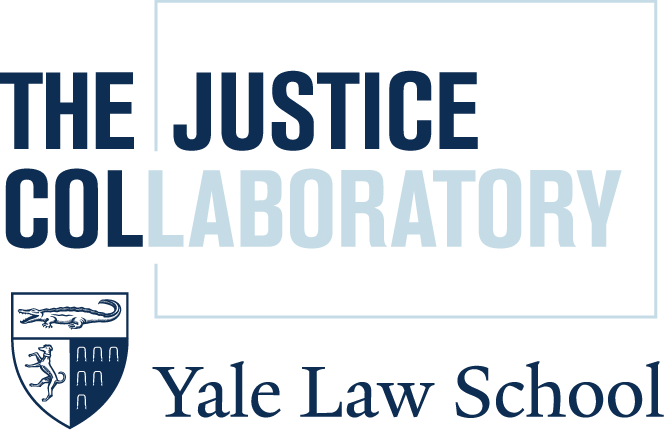The goal of this conference continues ongoing efforts to become aware of and incorporate into our scholarship and instruction recent developments in the court system. The court system broadly conceived is the set of institutions and authorities that has the task of managing conflicts, enforcing rules/agreements, and providing just redress for injuries. This sprawling formal and informal system has never reflected the norms enshrined in idealized visions of the law. It has long been an informal system of settlement conferences and plea bargains. However, over the last several decades the form of these institutions and authorities has rapidly involved in a variety of ways. Those include online courts, written instead of oral communications and algorithmic decision-making.
Organizers:
Tom Tyler, Yale Law School
Naomi Creutzfeldt, University of Kent
Rebecca Hollander-Blumoff, Washington University in St. Louis School of Law
This conference was generously funded by the Oscar M. Ruebhausen Grant.
Session 1. Online dispute resolution
Legitimacy and Online Proceedings: Procedural Justice, Access to Justice, and the Role of Income
Orna Rabinovich, University of Haifa & Avital Mentovich, University of Haifa
Exploring Procedural Justice and Uncertainty in Interactions with Online Tribunals in England
Naomi Creutzfeldt, University of Kent & Ben Bradford, University College London
Access, Efficiency, and Fairness in Online Video and Text Proceedings
Ayelet Sela, Bar Ilan University & Stanford University
Session 2. Artificial intelligence
Exploring the Impact of Reporting Medium on Online Crime Reporting Experiences: Comparing Live Chat with Human and AI Operators*
Arabella Kyprianides, University College London
Socio-Digital Vulnerability
Daniella DiPaolo, University of Washington School of Law
On the Fairness of Machine-Assisted Human Decisions*
Talia Gillis, Columbia Law School
Session 3. Privacy and diverse populations
The School-to-Surveillance Pipeline
Chaz Arnett, University of Maryland Francis King Carey School of Law
Privacy and Property Rights in Worker Data
Matt Bodie, University of Minnesota Law School
Surveillance Deputies: When Ordinary People Surveil for the State
Sarah Brayne, University of Texas – Austin
The Role of Privacy Law in an Information Economy*
Sari Mazzurco, Southern Methodist University
Session 4. Diverse populations.
Curating Black Culture: Music, Ownership & Commodification
Funmi Arewa, George Mason University Antonin Scalia Law School
Procedural Justice and Legitimacy in Internet Standing and Jurisdiction Cases
Rebecca Hollander-Blumoff, Washington University in St. Louis School of Law
The Procedural Legitimacy Logics of the Digital Welfare State
Jed Meers, York University
Session 5. Conclusions and future directions
David Engstrom, Stanford Law School
Judith Resnik, Yale Law School
* denotes paper associated with presentation.
